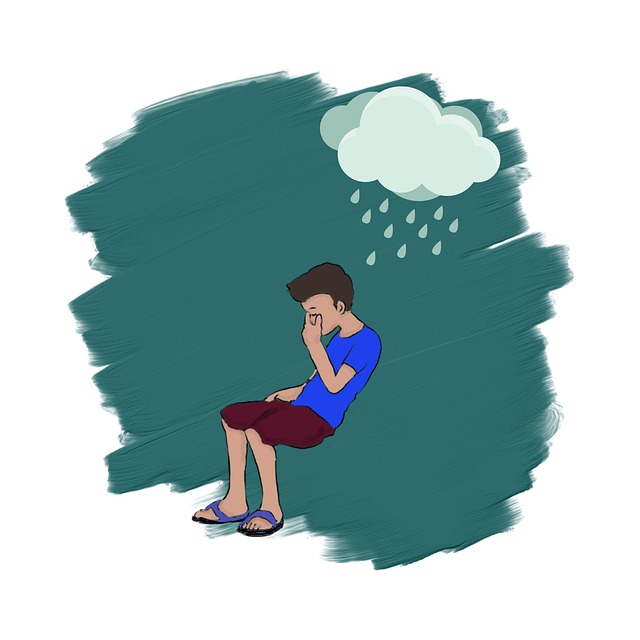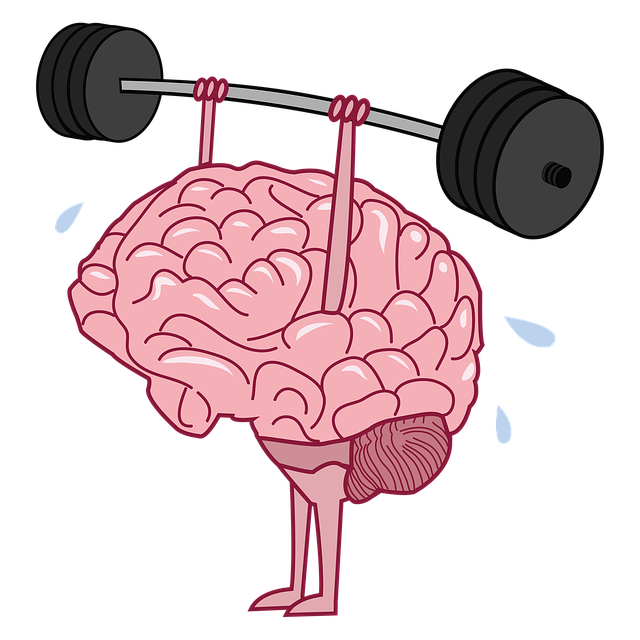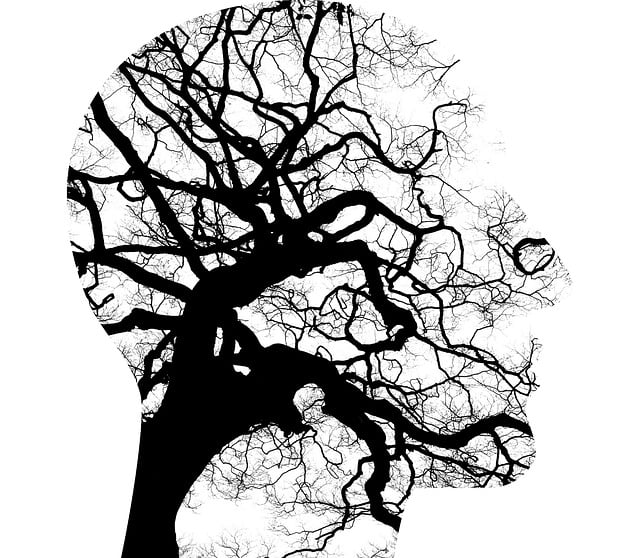Greenwood Village Chronic Pain Therapy focuses on empowering individuals to manage chronic pain through coping skills, mental wellness coaching, and cognitive behavioral techniques. By cultivating compassion, identifying personal coping strategies, and reducing stigma, they help patients adapt their mindset, improve quality of life, and gain control over their condition. Mindfulness, meditation, and social support are integral parts of their holistic approach, combining expertise to offer effective chronic pain therapy in Greenwood Village.
In Greenwood Village chronic pain therapy, coping skills development is a cornerstone of comprehensive treatment. This article explores essential strategies to manage chronic pain effectively, focusing on understanding and enhancing your coping abilities. We delve into various techniques, from identifying personal coping strategies and cognitive-behavioral therapies to the transformative power of mindfulness and meditation. Additionally, discover the significance of social support networks in navigating chronic pain, emphasizing the importance of building a resilient support system for long-term well-being.
- Understanding Coping Skills: A Foundation for Chronic Pain Management
- Identifying Personal Coping Strategies: Uncovering Your Resilience
- Cognitive Behavioral Techniques: Rewiring Your Thoughts for Pain Relief
- Mindfulness and Meditation: Cultivating Present-Moment Awareness
- Social Support Networks: Building a Strong System for Chronic Pain Coping
Understanding Coping Skills: A Foundation for Chronic Pain Management

Coping skills are essential tools for navigating chronic pain, offering a foundation upon which individuals can build resilience and enhance their overall well-being. In Greenwood Village Chronic Pain Therapy, professionals emphasize that understanding these skills is pivotal for effective management. Coping isn’t about eliminating pain but learning to live with it, adapting one’s mindset, and adopting healthy strategies to mitigate its impact on daily life.
Through compassion cultivation practices and mental wellness coaching programs, individuals can develop coping mechanisms tailored to their unique experiences. These methods foster burnout prevention, enabling people to face challenges with greater fortitude. By integrating effective coping skills, patients in Greenwood Village Chronic Pain Therapy can transform their relationship with pain, improving quality of life and fostering a sense of control over their condition.
Identifying Personal Coping Strategies: Uncovering Your Resilience

Identifying your personal coping strategies is a vital step in navigating life’s challenges, especially when dealing with chronic pain or other health conditions. Greenwood Village Chronic Pain Therapy encourages individuals to uncover their inherent resilience and develop effective tools for managing stress and difficult emotions. This process involves reflecting on how you have previously navigated tough situations—be it a major life event, an illness, or everyday stressors. By reviewing these experiences, you can identify patterns of behavior, thoughts, and actions that have helped you cope in the past.
Understanding your personal coping strategies is key to managing mood and enhancing overall well-being. Conflict resolution techniques, such as deep breathing exercises or mindfulness practices, are valuable tools that can be learned and refined over time. Additionally, addressing mental illness stigma reduction efforts through self-awareness and education empowers individuals to seek support and develop healthier coping mechanisms. The ultimate goal is to build a robust toolkit of resilience, allowing you to face life’s challenges head-on with improved mood management and enhanced coping abilities.
Cognitive Behavioral Techniques: Rewiring Your Thoughts for Pain Relief

Cognitive Behavioral Techniques offer a powerful approach to coping with chronic pain in Greenwood Village. By rewireing your thoughts and challenging negative patterns, individuals can gain a sense of control over their pain perception. This therapy focuses on identifying and modifying distorted thinking that contributes to pain and discomfort. Through this process, patients can learn to replace self-defeating beliefs with more realistic and positive ones, leading to reduced pain intensity and improved overall well-being.
Developing inner strength is crucial in managing chronic pain. Mental wellness journaling exercises guided by a therapist can be an effective tool. It encourages individuals to reflect on their thoughts and emotions related to pain, fostering self-awareness and resilience. Additionally, mental illness stigma reduction efforts play a vital role in promoting open conversations about pain management, ensuring patients receive the support and care they need without societal barriers.
Mindfulness and Meditation: Cultivating Present-Moment Awareness

Mindfulness and meditation are powerful tools to cultivate present-moment awareness, a key aspect of coping skills development. In today’s fast-paced world, healthcare providers often face burnout prevention strategies challenges managing chronic pain in Greenwood Village, leading to a constant state of mental and emotional stress. Dedicating just a few minutes each day to mindfulness practices can significantly enhance one’s ability to cope with demanding situations. Research supports that these techniques, such as focusing on the breath or scanning the body for tension, not only reduce symptoms associated with chronic pain but also promote emotional well-being promotion techniques and foster empathy building strategies among caregivers.
By incorporating mindfulness into their routines, healthcare providers can improve their capacity to remain present and engaged, leading to better patient care. This practice encourages a sense of detachment from stressful thoughts and emotions, allowing individuals to respond rather than react in challenging situations. Furthermore, regular meditation has been shown to be an effective burnout prevention strategy for healthcare providers, helping them maintain resilience and compassion even when facing complex cases or emotional stressors.
Social Support Networks: Building a Strong System for Chronic Pain Coping

For individuals navigating chronic pain, establishing a robust social support network is an invaluable coping skill. Greenwood Village Chronic Pain Therapy emphasizes the profound impact that strong social connections can have on managing and overcoming pain-related challenges. This involves fostering relationships with friends, family, or even joining support groups where individuals share similar experiences. Such networks provide emotional backing, practical assistance, and a sense of belonging, which are crucial for maintaining resilience during difficult times.
In the context of mental health awareness, risk management planning for mental health professionals plays a critical role in recognizing and addressing social isolation. Mental illness stigma reduction efforts can facilitate open conversations about chronic pain, encouraging individuals to seek help without fear of judgment. By integrating these strategies, Greenwood Village Chronic Pain Therapy aims to empower patients, enhance their coping abilities, and contribute to improved overall well-being, ensuring a more supportive environment for recovery.
Developing effective coping skills is a powerful tool for navigating chronic pain, offering individuals in Greenwood Village a chance to regain control and enhance their quality of life. By understanding and implementing strategies from cognitive behavioral therapy, mindfulness practices, and building robust social support networks, one can effectively manage pain symptoms and foster resilience. These techniques empower individuals to face challenges head-on, promote emotional well-being, and create a sense of balance amidst chronic pain’s complexities.














